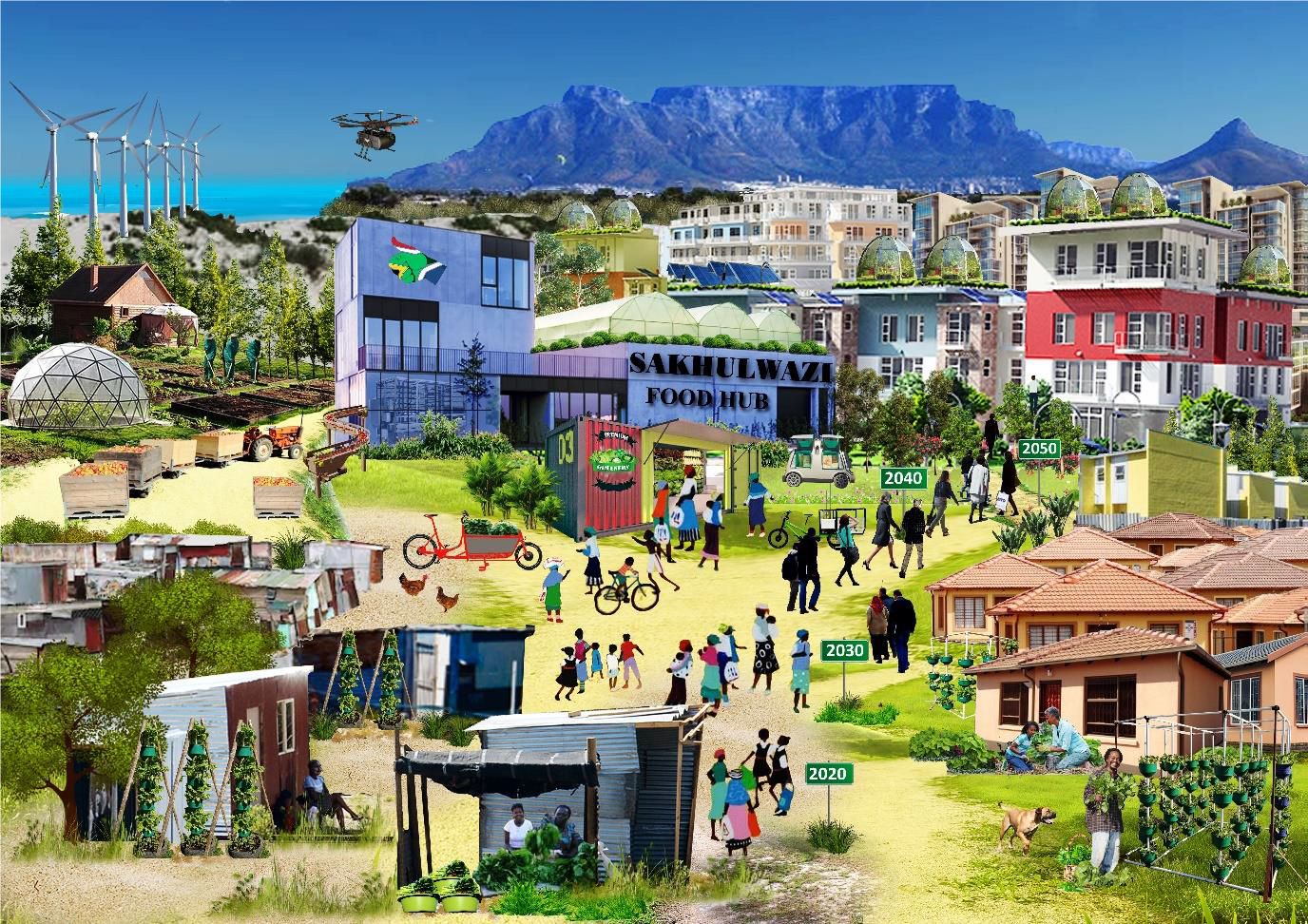The FS-TIP Food Systems Analysis Toolkit helps users conduct a landscaping and diagnostic analysis of a country’s food system. It contains guidance, tools, and templates to enable the generation of a systematic, thorough and comprehensive picture of a national food system. Such a picture provides a solid fact base foundation from which country policy-makers and stakeholders can advance their food systems transformation journey by bringing together policy, programs, and investments.
The toolkit offers a step-by-step process as well as practical tools that facilitate the identification of the key challenges and opportunities of a country’s food system using a collaborative design approach. This resulting diagnostic analysis provides the basis for prioritizing challenges to address and game-changers to pursue, setting ambitious targets and developing and implementing effective cross-sector policies and programs that leverage synergies and account for trade-offs.

Who can use this toolkit?
- Policy-makers and technical experts within government willing to champion or promote food systems transformation.
- Development professionals, academics, and experts who want to support stakeholders to better understand the current status of their food system and how to transform it.
How was this toolkit developed?
The Food System Transformative Integrated Policy (FS-TIP) initiative was launched with the aim of supporting African governments committed to developing and implementing transformative and integrated food systems policies to ensure sustainable healthy diets for all. So far, the initiative has completed the diagnostic and landscaping analysis in three countries (Ghana, Rwanda and Malawi) between April and September 2021 and expects to continue to support these countries in their food systems journey, as well as to support new countries in conducting their own diagnostic analyses.
The FS-TIP Food Systems Analysis Toolkit was developed with contributions from African Population and Health Research Center, AKADEMIYA2063, Alliance for a Green Revolution in Africa, Boston Consulting Group, International Food Policy Research Institute, International Development Research Centre, The Rockefeller Foundation, Tony Blair Institute for Global Change, Wageningen University, and the World Food Programme.

